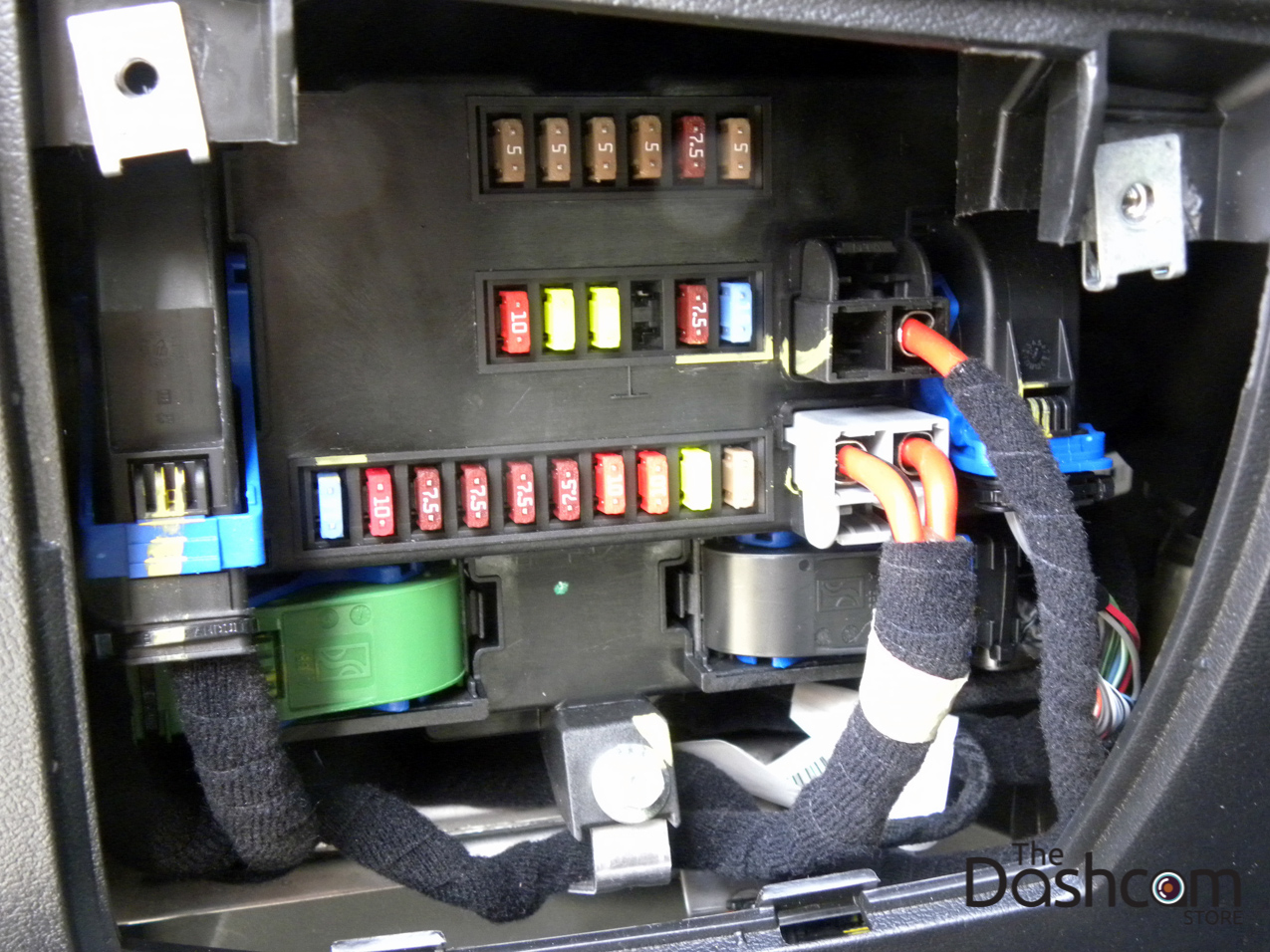2014 Ram 1500 Abs Module Replacement Cost

The 2014 Ram 1500, a popular choice for both personal and commercial use, relies heavily on its anti-lock braking system (ABS) to ensure safe and controlled stopping. When the ABS module fails, replacement becomes a necessity. Understanding the complexities of this repair, including technical specifications, cost implications, and alternative solutions, is crucial for automotive professionals.
Understanding the 2014 Ram 1500 ABS System
The ABS system in the 2014 Ram 1500 is a sophisticated electro-hydraulic system designed to prevent wheel lock-up during hard braking. It comprises several key components: wheel speed sensors, the ABS control module (EBCM), the hydraulic control unit (HCU), and brake lines. The wheel speed sensors constantly monitor the rotational speed of each wheel, transmitting this data to the EBCM. The EBCM analyzes this information and, if it detects impending wheel lock-up, signals the HCU to modulate brake pressure to individual wheels. This modulation allows the wheels to maintain traction, enabling the driver to steer and maintain control during emergency braking situations.
The hydraulic control unit (HCU) is a critical element containing solenoids and valves that regulate brake fluid flow to each wheel. The EBCM, the "brain" of the system, processes data from the sensors and commands the HCU. Failure in either of these components will often necessitate ABS module replacement.
Cost Breakdown for ABS Module Replacement
The cost of replacing the ABS module in a 2014 Ram 1500 can vary significantly depending on several factors: the source of the replacement module (new, remanufactured, or used), labor costs, and diagnostic fees. A new OEM (Original Equipment Manufacturer) ABS module can range from $800 to $1500 or more. Remanufactured units, offering a more budget-friendly alternative, typically cost between $300 and $800. Used modules are the least expensive option, potentially costing as little as $100 to $300, but come with significant risks regarding reliability and longevity. Labor costs can add another $200 to $500, depending on the shop's hourly rate and the complexity of the job.
In addition to the module and labor, diagnostic fees should be factored into the overall cost. Accurate diagnosis is essential to confirm that the ABS module is indeed the source of the problem. This often involves using a diagnostic scan tool to read ABS codes and perform functional tests. Some shops may charge a separate diagnostic fee, while others may include it in the total repair cost.
Alternatives to Complete Replacement
While replacing the entire ABS module might seem like the only solution, alternative options exist in some cases. If the problem is limited to a faulty wheel speed sensor, replacing only the sensor can resolve the issue at a significantly lower cost. Similarly, if a brake line is damaged or leaking, repairing or replacing the brake line might be sufficient. However, if the EBCM or HCU itself is malfunctioning, complete module replacement is usually the only viable solution.
Another alternative is module repair. Some specialized shops offer ABS module repair services, focusing on rebuilding or replacing specific components within the module. While this can be a cost-effective option, it's crucial to choose a reputable shop with expertise in ABS module repair to ensure a reliable and lasting solution. The success rate of module repair can vary, and it's important to weigh the risks and potential benefits before opting for this approach.
Pros and Cons of Different Options
New OEM ABS Module:
- Pros: Highest reliability, manufacturer warranty, direct fit.
- Cons: Most expensive option.
Remanufactured ABS Module:
- Pros: Lower cost than new, typically comes with a warranty.
- Cons: Reliability may be slightly lower than new, potential for pre-existing issues.
Used ABS Module:
- Pros: Lowest cost.
- Cons: Highest risk of failure, no warranty, potential for compatibility issues.
ABS Module Repair:
- Pros: Can be cost-effective, potentially avoids complete replacement.
- Cons: Requires specialized expertise, success rate can vary, may not be a lasting solution.
Reliability and Maintenance
The reliability of the ABS module can be influenced by factors such as environmental conditions (extreme temperatures, humidity), driving habits (hard braking), and the quality of the brake fluid. Regularly flushing and replacing the brake fluid is crucial to prevent corrosion and maintain optimal ABS performance. Additionally, inspecting the wheel speed sensors and brake lines for damage or corrosion can help identify potential problems early on.
Proper maintenance and timely repairs can significantly extend the lifespan of the ABS module. Neglecting brake system maintenance can accelerate wear and tear on the ABS components, increasing the likelihood of failure. Regular inspections and preventative maintenance are key to ensuring reliable ABS operation.
Future Trends in ABS Technology
The automotive industry is constantly evolving, and ABS technology is no exception. Future ABS systems will likely incorporate more advanced features such as electronic stability control (ESC), traction control, and automatic emergency braking (AEB). These systems will rely on increasingly sophisticated sensors and algorithms to enhance vehicle safety and prevent accidents. Furthermore, the integration of ABS with autonomous driving systems will become more prevalent, requiring even greater reliability and precision.
The rise of electric vehicles (EVs) and hybrid electric vehicles (HEVs) will also impact ABS technology. Regenerative braking, a key feature of EVs and HEVs, can affect the operation of the ABS system. Future ABS systems will need to be specifically designed to work seamlessly with regenerative braking, ensuring optimal braking performance and energy efficiency.
Conclusion
Replacing the ABS module in a 2014 Ram 1500 requires careful consideration of various factors, including cost, reliability, and alternative solutions. Automotive professionals must have a thorough understanding of the ABS system's components and operation to accurately diagnose problems and recommend the most appropriate repair strategy. As automotive technology continues to advance, staying abreast of the latest developments in ABS technology is essential for providing high-quality service and ensuring vehicle safety. The future of the automotive industry hinges on continuous innovation and a commitment to excellence in automotive repair and maintenance.
